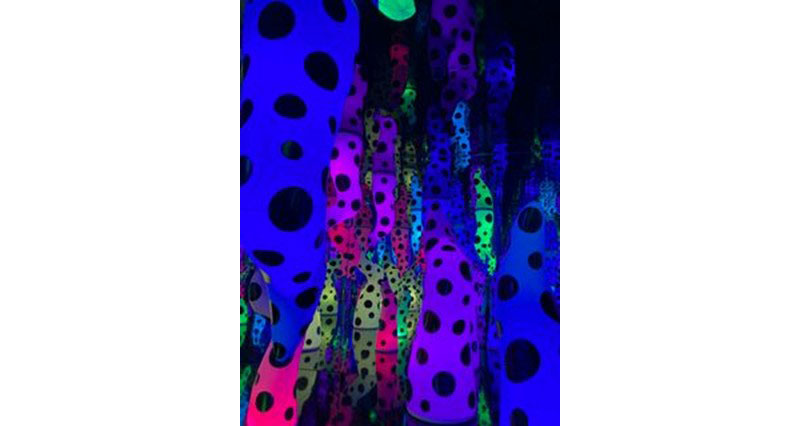During this long slog of a spring, I’ve found myself feeling somewhat complacent and blue. Reflecting on why got me thinking about the power of our attitude, and the impact of how we frame our lives and the events within them.
For the lifetimes of the majority of US citizens, choice over their bodies has been a given. Yet the Supreme Court’s leaked draft opinion overturning Roe v. Wade, alters that precedent in a myriad of profound ways. My blue feeling started to make sense to me, but my complacency did not. Somehow the overwhelm of the magnitude of the ramifications seemed to have created my sense of futility and paralysis. And it certainly didn’t help to have the backdrop of the pandemic, also creating limitations on our freedom of movement, and the ongoing threat of a global climate crisis, potentially limiting where and how we live.
However, as I thought about our current circumstances, I felt emboldened; doing something must certainly be better than doing nothing. So, my first step is to begin a conversation to try to shift the language we commonly use as it seems to me our words have been hijacked and we need to take them back.
My preferred language: Pro-Choice and Anti-Choice.
It is not, after all, really a question about Pro-Choice and Pro-Life.
The Pro-Choice platform is very much Pro-Life, as it is fundamentally about Pro-Choices-in-Life, rather than the “Pro-Life” movement which is fundamentally about Anti-Choices-in-Life.
Visual expression matters too, and like a conversation of words, it can help change our perspective. So it was an antidote of sorts when my husband and my older daughter took me on a surprise adventure to see 93-year old artist Yayoi Kusama’s Infinity exhibit at Boston’s Institute of Contemporary Art (ICA). Kusama’s exhibit, Love is Calling, involves stepping into an immersive, vividly colored and mirrored room where you are surrounded by tentacle-like inflatable sculptures covered with the artist’s signature polka dots. Once in the dark, mirrored room, which creates an illusion of infinite space, you begin to hear a haunting recording of the artist reciting a poem in Japanese exploring the universal themes of life, time passing, loss and love. A palindromic poem, which can be read in English when you exit the exhibit, ends (or begins) with the following words:
“Hoping to leave beautiful footprints at the end of my life
I spend each day praying that my wish will be fulfilled
This is my message of love to you”
If you are in Boston I hope you find your way to Yayoi Kusama’s exhibit. Wherever you are, and wherever your footprints take you, I hope you find power in the words you choose to use.

